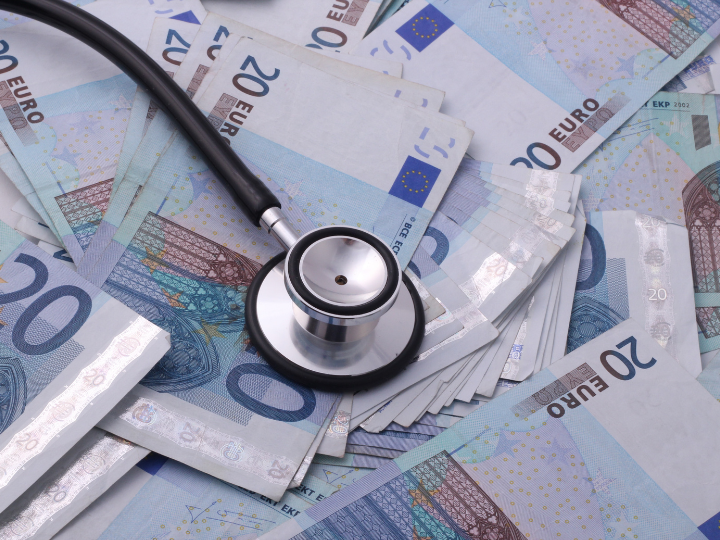by Giedre Peseckyte
The European Commission and the European Investment Bank announced on Wednesday (12 July) the creation of the HERA Invest initiative, offering €100 million for innovative solutions to future health threats.
HERA Invest, a flagship initiative of the European Health Emergency Preparedness and Response Authority (HERA), will provide an additional €100 million to the InvestEU programme to support research and development (R&D) related to the top priority health threats, financed through the EU4Health programme.
According to the Commission, HERA Invest will promote R&D in Europe to strengthen strategic autonomy, reduce market failures where financial resources do not cover the financing needs, leverage public funding to incentivise private investment, and create new medical countermeasures to protect against health threats.
“With HERA Invest, we are investing €100 million in advancing research and development to design new innovative medical countermeasures to step up our preparedness for future health threats,” Health Commissioner Stella Kyriakides said in a press release following the announcement.
“HERA Invest will attract additional private and public investment and provide European companies with the certainty needed to invest in ground-breaking innovation to address priority health threats,” the EU health chief added.
The HERA Invest funding instrument is targeting small and mid-sized companies (SMEs) in clinical trials that develop medical countermeasures (MCMs), which diagnose, prevent, protect from or treat conditions during a public health emergency.
MCMs must be addressing the top health threats which HERA and the member states identify on an annual basis. In July 2022, three specific high-impact health threats were identified: pathogens with high pandemic potential, chemical, biological, radiological and nuclear (CBRN) threats, and antimicrobial resistance (AMR).
Under HERA Invest, the EIB will provide venture loans covering a maximum of 50% of total project costs. Companies must have already raised equity from professional investors, have a sustainable business model and business plan, and have solid corporate governance in place. The EIB will typically invest between €15 and 30 million per project.
The EIB is to assess whether an operation is eligible based on defined criteria and the project’s commercial and scientific viability.
“This support is crucial to keep Europe at the forefront of innovation, and it might well save millions of lives around the planet when a new health emergency hits,” EIB Vice-President Thomas Ostros said.
Announcement ahead of Parliament’s vote
The announcement came ahead of a vote on Wednesday (12 July) in the European Parliament plenary on the report, entitled ‘COVID-19 pandemic: lessons learned and recommendations for the future’.
This is the final COVI subcommittee report on the lessons learned through the pandemic, which calls for a look at what is ahead, by carrying out anticipative research on potential current and future threats, such as chemical, biological, radiological and nuclear risks.
The report underlines the need to improve resilience in times of health crises at both national and European levels by creating incentives to invest and develop production lines in the EU for medicines, vaccines and other medical equipment.
HERA, established in September 2021, is a key actor in strengthening Europe’s ability to prevent, detect, and rapidly respond to cross-border health emergencies.
It is also a key pillar of the European Health Union, which the European Commission first put forward in November 2020, in response to the COVID-19 pandemic and as a means to prepare for future public health emergencies.
The establishment of HERA Invest is one of HERA’s five flagship initiatives, as outlined in its Work Plan 2023, and it addresses market challenges and failures and boosts the EU’s open strategic autonomy.
*first published in: Euractiv.com




 By: N. Peter Kramer
By: N. Peter Kramer
